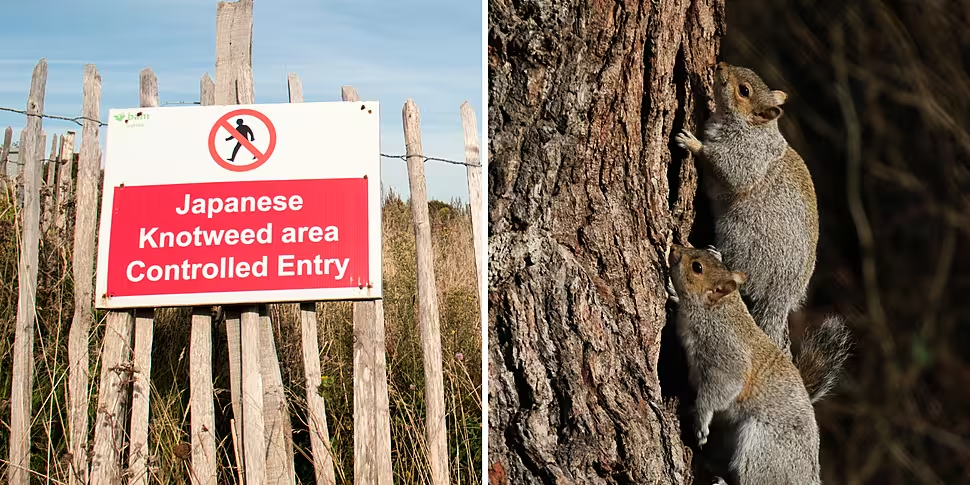Ireland has had a "slow reaction" to the arrival of invasive species into the country, according to the UCD Earth Institute Director.
Yesterday, a UN assessment revealed that invasive species are costing the world at least €392 billion every year and have become a leading threat to the diversity of life on Earth.
The report found that at least 3,500 harmful invasive species have been recorded in every region of the globe and have spread more easily due to human travel.
Invasive species can decimate local plant and animal populations, damage ecosystems and cause lasting damage to local biodiversity.
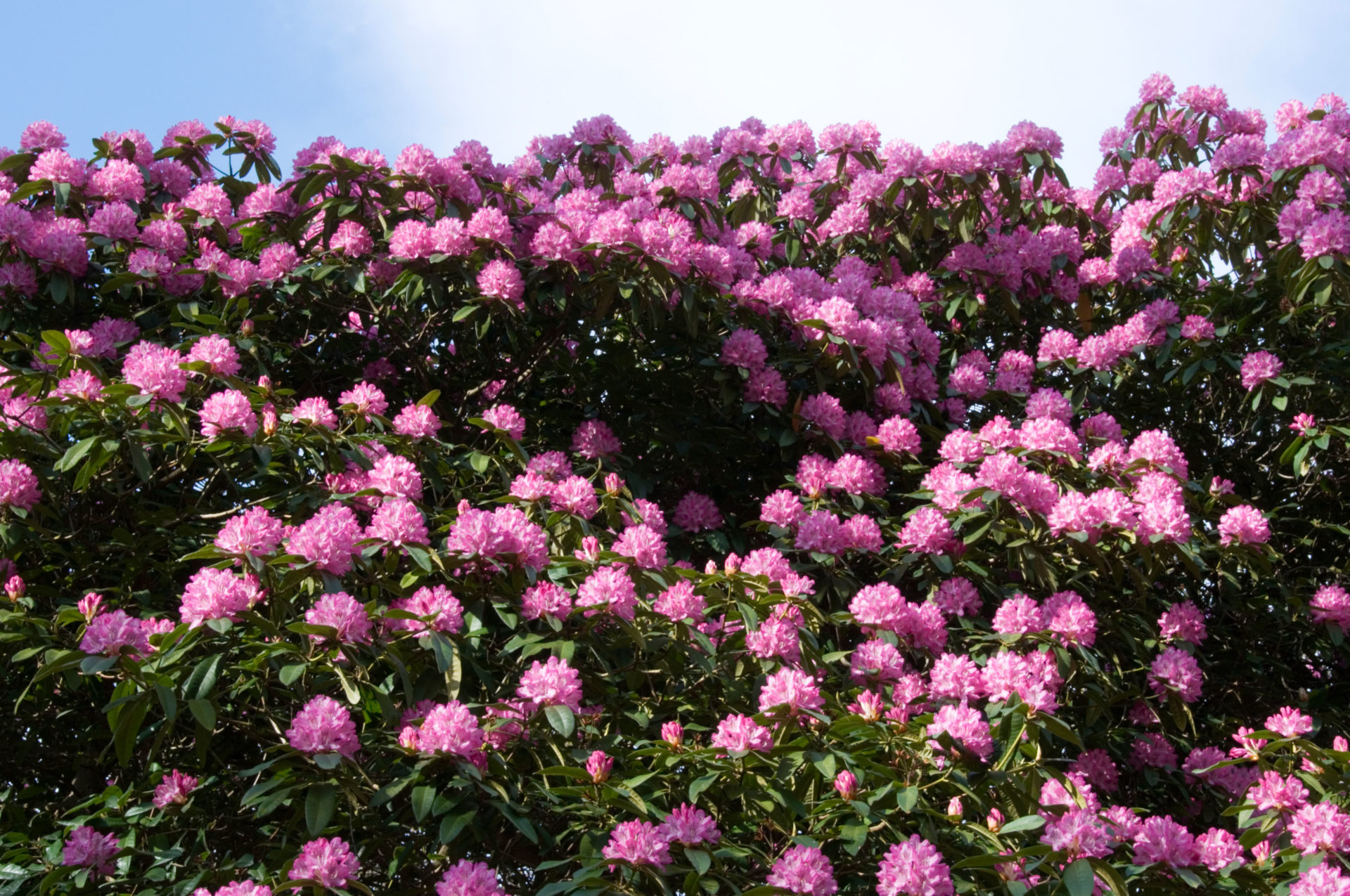 Rhododendron bush in flower (SJ Images / Alamy Stock Photo)
Rhododendron bush in flower (SJ Images / Alamy Stock Photo)Speaking to Newstalk Breakfast, UCD Earth Institute director and vice president for sustainability, Professor Tasman Crowe said the UN findings are "very concerning" for the Irish ecosystem.
"We have a large number of invasive species present already in the country," he said.
"Many of them will be quite impactful, including things like Japanese knotweed, Rhododendron, grey squirrels and a range of deer species that are really causing the impacts on our woodlands.
"My concern is that the rate of spread and the establishment is increasing with mobility and climate change.
"We do really need to get to grips with it."
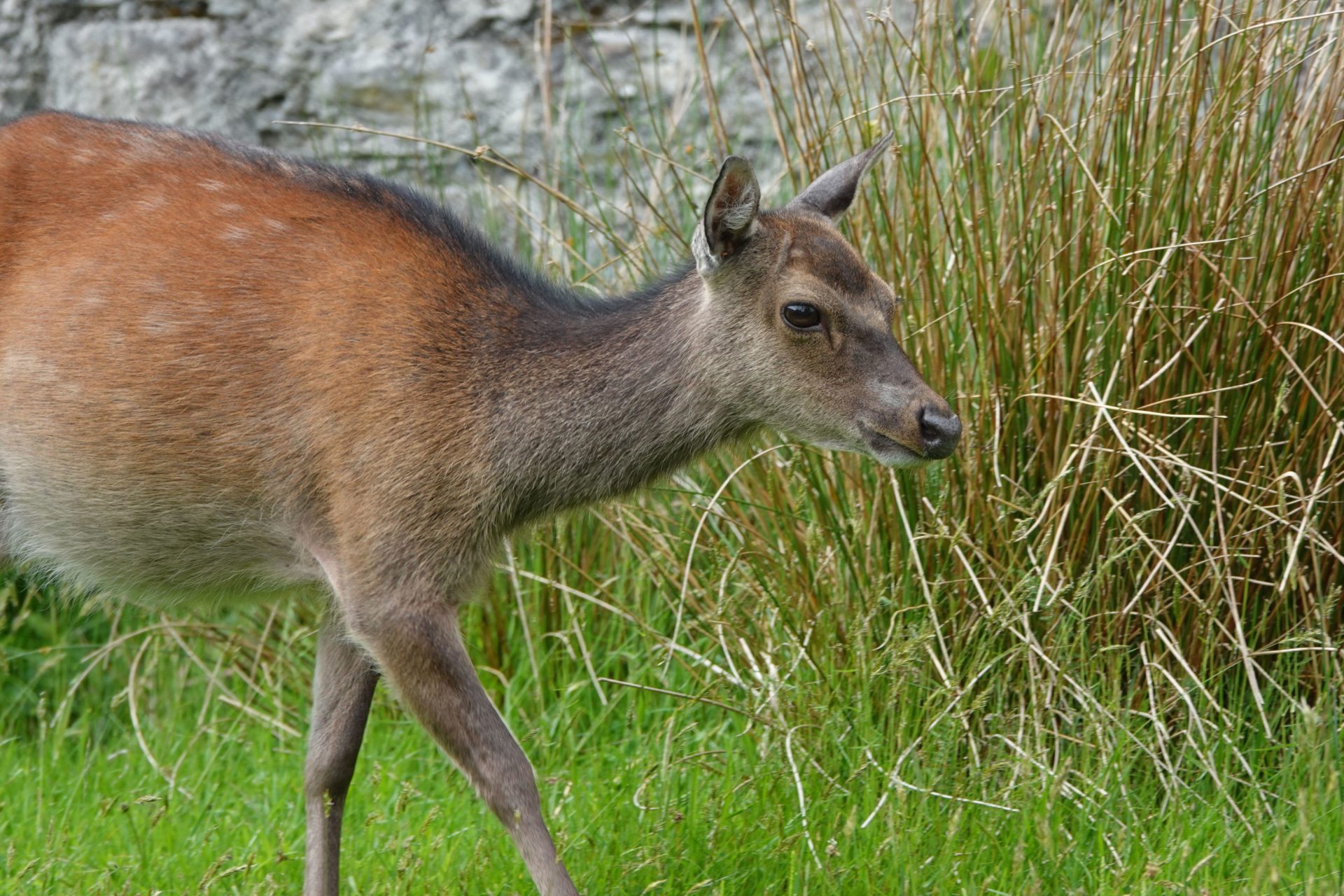 A sika deer, which is now considered an invasive species, due to the damage they cause to crops and trees. (Kilmer Media / Alamy Stock Photo)
A sika deer, which is now considered an invasive species, due to the damage they cause to crops and trees. (Kilmer Media / Alamy Stock Photo)Professor Crowe said international trade has meant that invasive species are arriving in countries they previously would have never come to.
"Countries that have really got to grips with it sort of set about trying to prevent the species from arriving and getting established in the first place," he said.
"Once they do spread very widely, it's really very, very hard to control them."
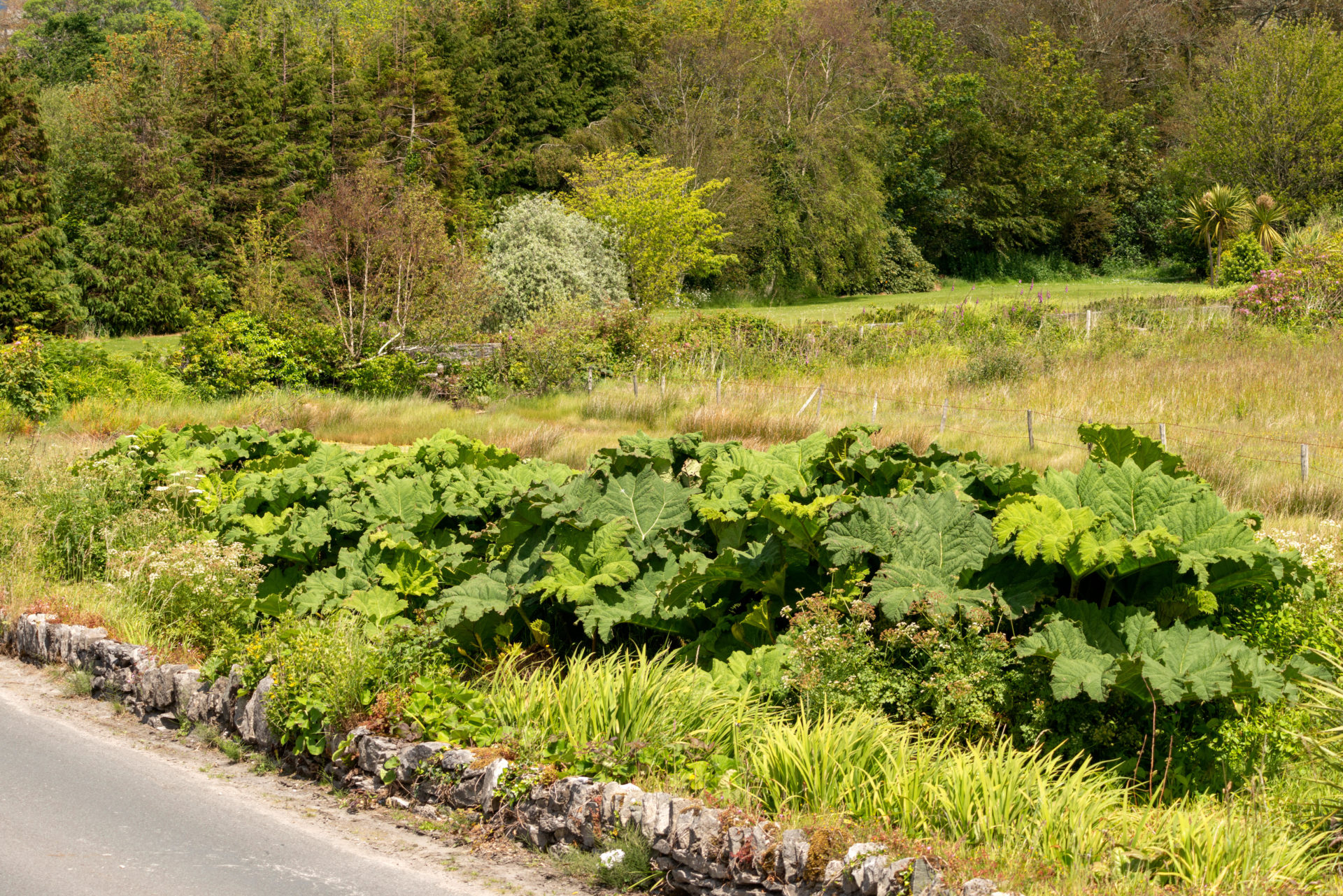 Giant Rhubarb, an alien invasive plant growing by roadside near Kenmare, County Kerry (Ognyan Trifonov / Alamy Stock Photo)
Giant Rhubarb, an alien invasive plant growing by roadside near Kenmare, County Kerry (Ognyan Trifonov / Alamy Stock Photo)Professor Crowe called for better biosecurity measures at airports, ports and marinas, to prevent the species from entering the country.
"To be looking and surveying in areas where there might be hotspots for invasive species and catch them very early and try and control them before they spread widely," he said.
"That really needs a bit of a coordinated, integrated approach and a bit of an investment in that kind of system where we can respond quickly, as they become apparent as a potential new species or existing ones"
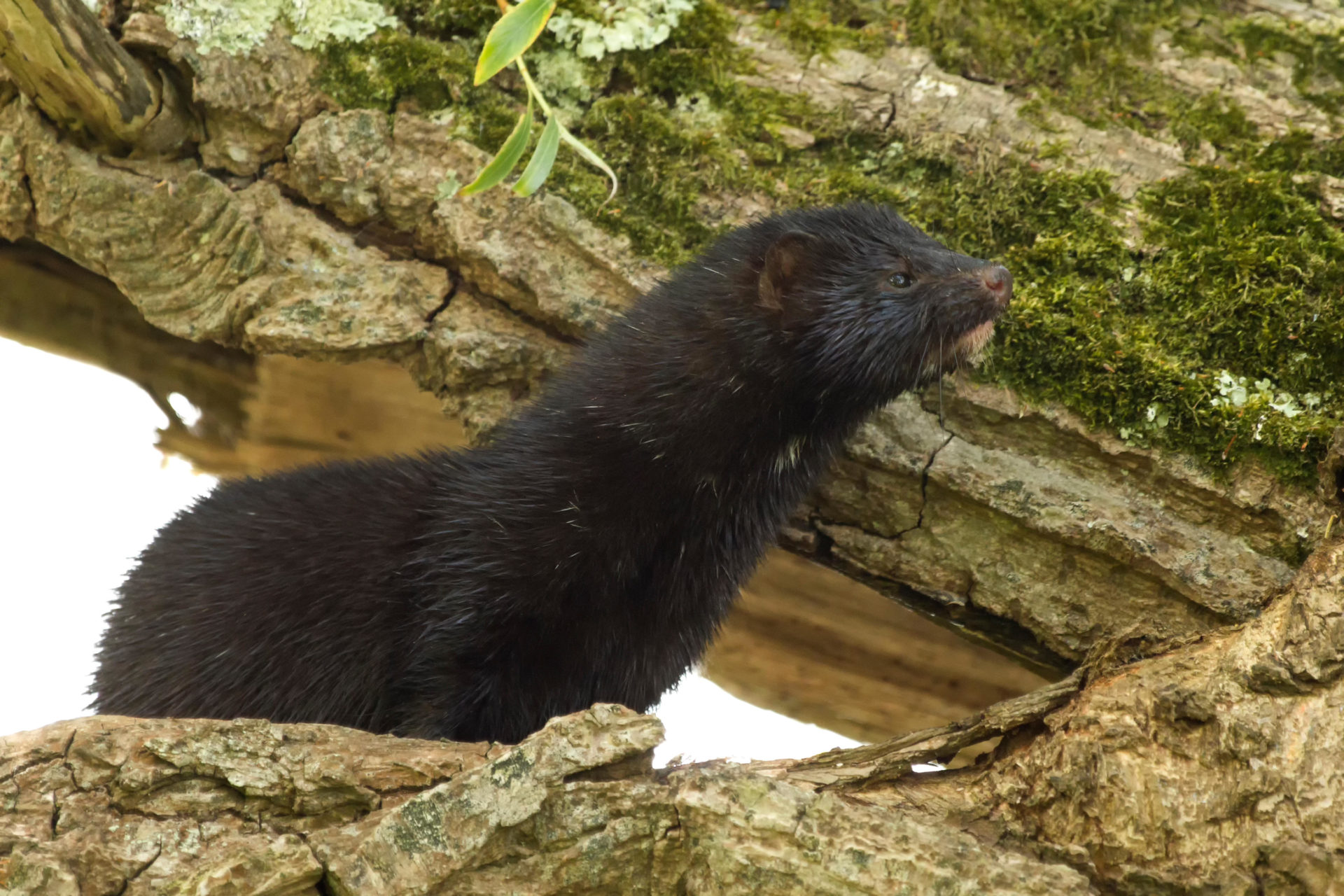 American Mink on the bank of River Suir is an aggressive predator and threat to native wildlife (Larry Doherty / Alamy Stock Photo)
American Mink on the bank of River Suir is an aggressive predator and threat to native wildlife (Larry Doherty / Alamy Stock Photo)While it is inevitable that some species will enter the country, Professor Crowe said Ireland still must improve how quickly it responds to new invasive species.
"It is important that once something's recognised as having arrived, we get the message out very quickly for people to be looking out for it, to call it in and for a response to be lined up and ready," he said.
"There tends to be a slow reaction when these things arrive and we miss our opportunity to catch them before they really spread."
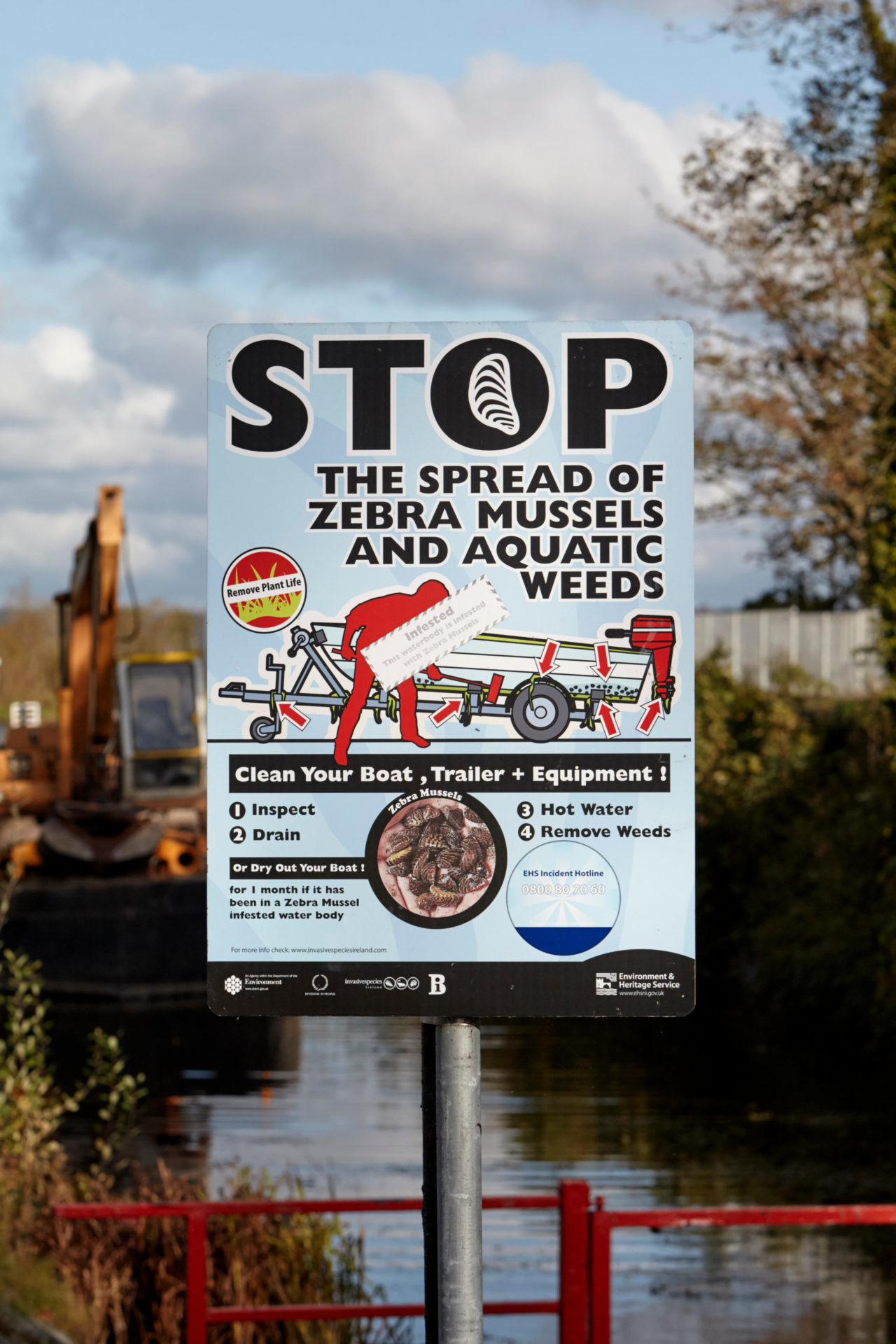 Warning sign about the spread of zebra mussels at Ballyronan marina, Lough Neagh, Derry (Radharc Images / Alamy Stock Photo)
Warning sign about the spread of zebra mussels at Ballyronan marina, Lough Neagh, Derry (Radharc Images / Alamy Stock Photo)Professor Crowe said biodiversity is the "life support system" of Ireland, and natural ecosystems are very important for the culture in Ireland.
"We have a rich, wonderful native fauna and flora and you don't want alien species coming in and taking over and squeezing them out," he said.
"It also affects our livelihoods – for example, parasitic mites that infest the hives cause problems for the beekeeping industry.
"We'd have things like sort of zebra mussels and Asian clams which establish in our waterways, clog up the infrastructure and we have to spend millions, eventually, on clearing up the mess that they create.
"It's always a tough battle once they're established."


